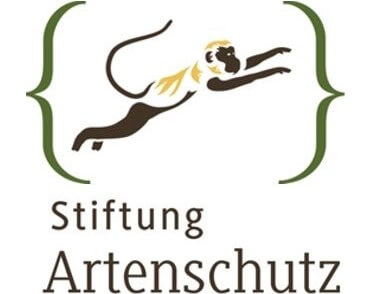In the local language, bats are called poniki
Get to know Sulawesi's Flying Foxes
At sunset, they will fly off the islands and forage on the mainland. By dawn, flying foxes return to the island, resting and preparing to find food for the next night.



Program in numbers
2018
Year started~63.000
Maximum number of bats420
People involved
Activities
- 1Flying fox population monitoring
- 2Ecotourism preparation
- 3Introduction of new members
- 4Education and knowledgeIncrease the love for nature that you have.
What we do
(so far)

Flying fox population monitoring
The first systematic and long-term monitoring of flying fox populations in Indonesia. The monthly size of the population becomes a parameter for the success of conservation efforts carried out.
The number of flying foxes on Mantawalu Daka Island is calculated twice each month. Now, the young people in the village can already do the calculations. Calculations are done at dusk when they come out of their nests. At the beginning of the program, the number of flying foxes was only 300 .. Now it has reached almost 30,000 ! These results show that our conservation programs are having a good impact on kalong populations.
Now young people in the village can do research on flying foxes. They catch the flying fox with a net, collect pollen in the hair, take morphometric measurements, and release the flying fox back into its nature. For protection, the people involved are given rabies vaccinations.
Ecotourism preparation








Introduction of new members
On August 17, 2020 - Introducing the local youth group of Salu to conservation programs. Together we also celebrated the 17th anniversary of 75th Indonesia Independence Day.
The location is not too far from the village, about 40 minutes. At the time of our trip, it was greeted by rain and clouds.



Program supporter(s)
These are the supporters of our conservations efforts for the Sulawesi Flying Fox. Click on their name to visit their website.







